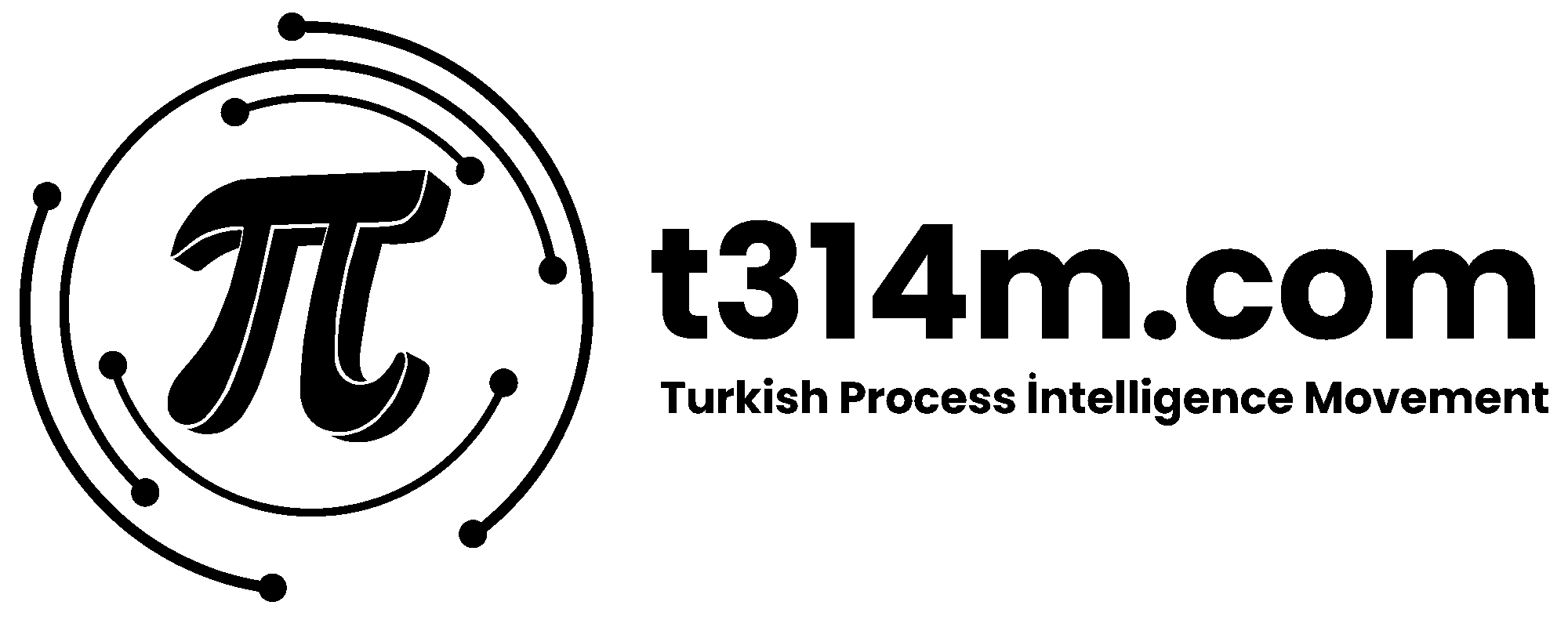What is a Solution Partner and What Do They Do?
A Trusted Transformation Partner in the Process Intelligence Ecosystem
The Heart of the Role: Architecting Solutions, Guiding Processes
A Carrier of Applied Knowledge in the Age of Process Intelligence
In this era where processes gain meaning through data and organizations analyze their internal operations through digital mirrors, the Solution Partner role is not merely a technically skilled person, but a “value creator” with the ability to translate business processes into solutions. At t314M, we aim to showcase the strongest practices in this area, enriched with local knowledge and validated by real-world field experience.
Role Definition
A Solution Partner operating in the Process Mining and Process Intelligence ecosystem approaches processes not just with a technical eye, but with a transformation mindset. This person acts like a strategic translator between data and processes, connecting the potential of the platforms being used to business goals, and integrating analytical results into decision-making mechanisms.
Duties & Responsibilities
1. Mapping and Analyzing Processes
– Extracts business process flows from raw event log data.
– Identifies variations in existing processes and analyzes bottlenecks and rework rates.
Example: In a manufacturing company, the Solution Partner identifies that the “Goods Issue” step occurs in seven unexpected variations. They design a dashboard that shows which variations are system-based and which are related to human resources.
2. Positioning Technology
– Uses the process mining tool not just as an analysis engine but as a change agent.
– Evaluates integration plans, data modeling requirements, and the quality of system log records.
Example: In a public institution, noticing the internal system working with SAP has insufficient log quality, the Solution Partner proposes task mining as a temporary solution until data quality is improved.
3. Designing the Transition from Insight to Action
– Explains how anomalies discovered in dashboards impact business outcomes.
– Helps shape operational decisions through data-driven recommendations.
Example: In a purchasing process, they identify that “approval delays” cause 30% of supplier complaints. Based on this insight, they recommend simplifying the approval hierarchy.
Essential Competencies
– Technical Expertise: Proficiency in SQL, ETL logic, and relationships between data sources.
– Process Knowledge: Familiarity with core business processes across different industries (P2P, O2C, Hire-to-Retire, etc.).
– Modeling Skills: Ability to design dashboards that clearly and effectively present process flows.
– Persuasion Skills: Ability to unite business units around a solution based on data.
– Interpretation Capability: Understanding that data variations may arise not only from technical reasons but also from organizational reflexes.
The Role’s Place in the Community (t314M Perspective)
While the field of Process Intelligence in Türkiye is still developing, the experience of solution architects actively working in the field is invaluable.
At t314M, we create an environment that documents, shares, and discusses what these professionals learn on the ground.
Solution Partners here are not just “problem solvers,” but also people who help expand others’ solution development reflexes.
Through the documentation they produce, the mini workshops they organize, and the real-life scenarios they share, they shape the foundational knowledge of the field.
An Inspiring Question
“Can a correct reading of a single process cause an organization to redefine its annual targets?” A good Solution Partner can create that kind of impact.
